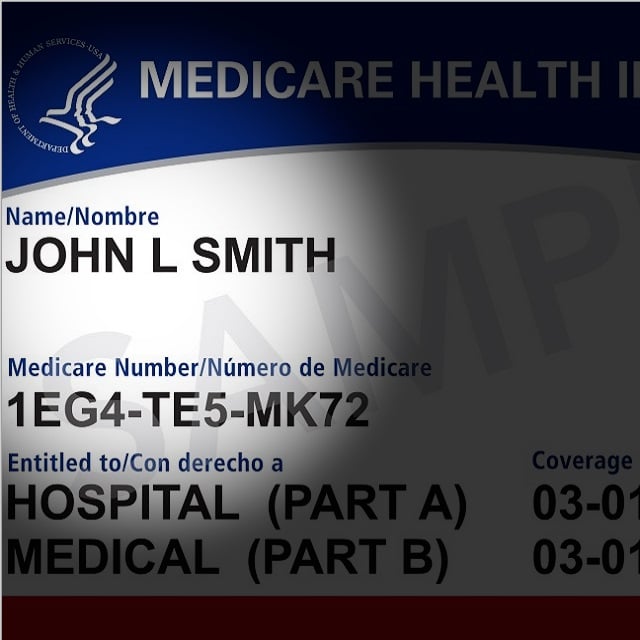Medicare Part D Changes Raise Questions for Working Clients

What You Need to Know
The Inflation Reduction Act will cut Medicare drug plan out-of-pocket costs for many.
It also changed the definition of creditable prescription coverage.
Some employer plans will count as creditable coverage. Some will not.
Susan, a 64-year-old administrative assistant with diabetes, has been working for the same company for more than 20 years. She’s been managing her condition with insulin provided through her employer’s health plan.
As Susan approaches retirement, she’s been considering her Medicare options.
Her employer had assured her that their health plan was creditable, meaning it offered prescription drug coverage at least as good as Medicare Part D.
With this assurance, Susan planned to delay enrolling in Medicare Part D. However, with the changes coming to Medicare Part D in 2025, Susan’s employer recently informed her that their plan might no longer be considered creditable.
This news came as a surprise.
Susan’s question: Could sticking with her employer’s coverage might really cause Medicare Part D drug plan enrollment problems?
The short answer: Yes. If Susan had delayed enrolling in Medicare Part D without this updated information, she could have faced lifetime penalties when she eventually signed up, significantly increasing her long-term health care costs.
Prescription Drug Costs: What Is Changing?
Susan’s situation is becoming more common due to the significant changes introduced by the Inflation Reduction Act, or IRA.
The IRA aims to make prescription drug coverage more affordable for Medicare beneficiaries with key provisions such as a $35 copay cap on insulin and the establishment of a $2,000 maximum out-of-pocket drug cost, effective in 2025.
These changes not only affect Medicare recipients, but also have important implications for employer-sponsored health plans.
Employer-sponsored health plans are considered “creditable” when their prescription drug coverage is expected to pay, on average, at least as much as Medicare Part D.
This determination is based on actuarial assessments comparing the benefits of the employer plan to those of Medicare Part D.
Employers are required to inform their employees if their health plan’s drug coverage is deemed creditable. This information is crucial for Medicare-eligible employees because it influences their decision on whether to enroll in Medicare Part D.
If an employee’s plan is non-creditable and the worker is delay enrolling in Medicare Part D, they could face lifetime penalties.






